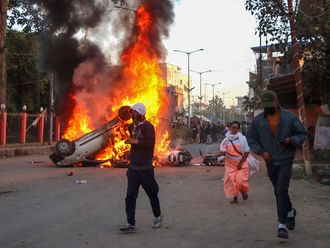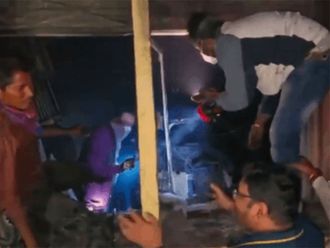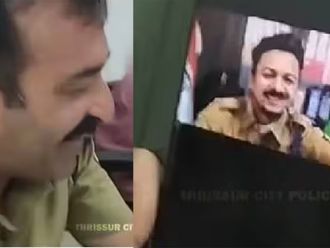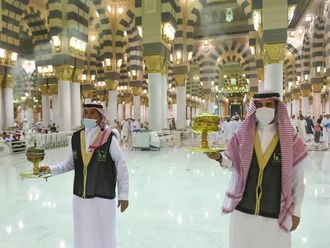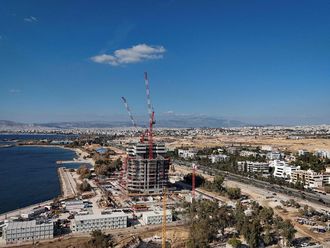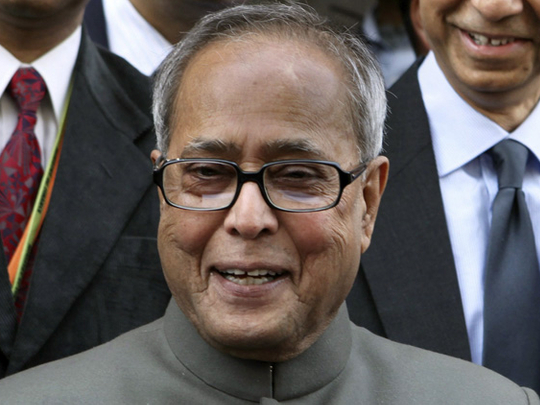
New Delhi: A one-sentence reply to a question posed by Rajiv Gandhi while his mother Indira Gandhi’s pyre was yet to be lit had seemingly ruined his flourishing career. “The seniormost minister,” was Pranab Mukherjee’s response to Rajiv Gandhi’s question as to who should be the prime minister was taken as a statement of his ambition to become the prime minister.
Any amount of clarification that by suggesting the seniormost minister, which he was, he was only suggesting who should become the care-taker prime minister and not a full time prime minister, failed to help. Rajiv Gandhi became both the prime minister as well as the Congress party president and Mukherjee was expectedly relegated to political oblivion.
Mukherjee resigned from the Congress party in 1986 and folded up his political misadventure, Rashtriya Samajwadi Congress, which never took off and merged it with the parent Congress party.
Rajiv Gandhi had lost power and was in the process of reorganising the party but Mukherjee was nowhere in his scheme of preparations when this correspondent visited Mukherjee at his Greater Kailash residence in 1990 while doing a series of features on politicians who had faded away.
Mukherjee had a hearty laugh knowing the topic of the chat. “Politicians don’t fade away. They just bide their time, which I am doing. Mind my words, I will be back where I belong very soon,” is what Mukherjee said.
A year on, Rajiv Gandhi was assassinated and the Congress party was back in power with P.V. Narasimha Rao as the prime minister. He brought back inarguably the best finance minister India ever had, back to the limelight as deputy chairman of the planning commission and Mukherjee was ready to play the second innings of his political career. Subsequently Rao appointed him foreign minister in 1995, completing his political rehabilitation.
However, the expression of his prime ministerial ambition came to haunt him once again in 2004 when the Congress party was back in power after waiting in the wings for eight years. Rajiv Gandhi’s widow Sonia declined to become the prime minister but instead of nominating the man her mother-in-law Indira had groomed, opted to name as prime minister a political novice Manmohan Singh who had worked under Mukherjee in the past.
Mukherjee had worked his way back to regain the confidence of the party and the Gandhi family and their dependence on him came in his way when the party was in the process of naming its candidate for the presidential election in 2007. He was seen as indispensable due to his role as the chief firefighter of the party and the government.
It appeared Mukherjee would go down in the history as an eternal best man. However, the party was left with no option but to turn to him as it lacked numbers to ensure victory of its nominee as the new President of India.
Mukherjee with his vast connections outside the Congress party was urged to help the party a last time and he did not disappoint by bagging over two-third of the votes while the Congress party-led UPA was hard-pressed to cross even the half mark.


